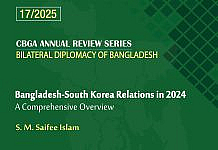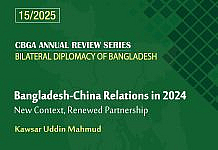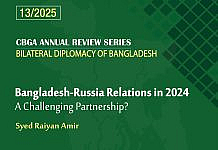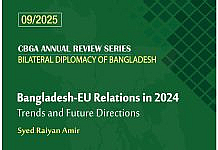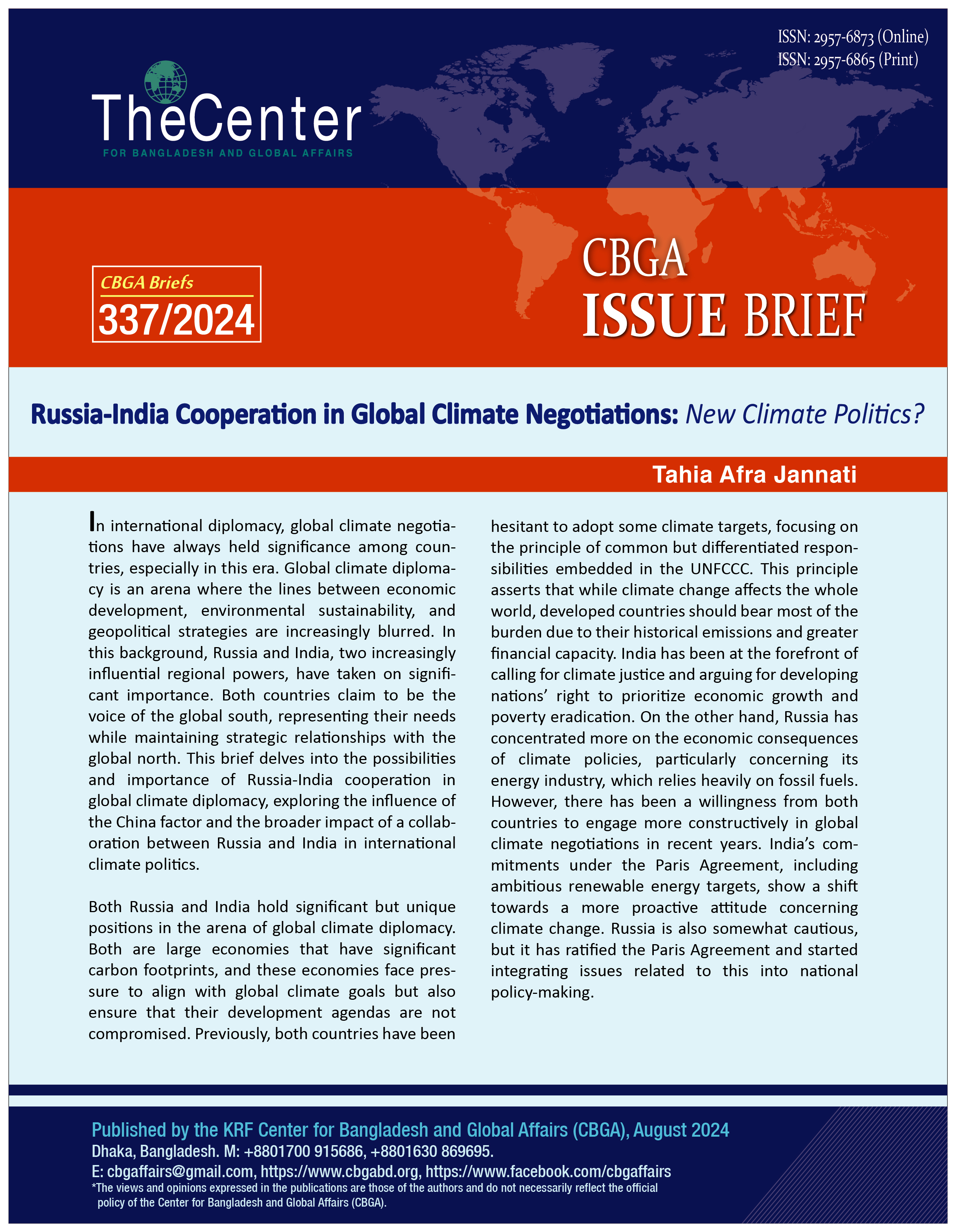
In international diplomacy, global climate negotiations have always held significance among countries, especially in this era. Global climate diplomacy is an arena where the lines between economic development, environmental sustainability, and geopolitical strategies are increasingly blurred. In this background, Russia and India, two increasingly influential regional powers, have taken on significant importance. Both countries claim to be the voice of the global south, representing their needs while maintaining strategic relationships with the global north. This brief delves into the possibilities and importance of Russia-India cooperation in global climate diplomacy, exploring the influence of the China factor and the broader impact of a collaboration between Russia and India in international climate politics.
Both Russia and India hold significant but unique positions in the arena of global climate diplomacy. Both are large economies that have significant carbon footprints, and these economies face pressure to align with global climate goals but also ensure that their development agendas are not compromised. Previously, both countries have been hesitant to adopt some climate targets, focusing on the principle of common but differentiated responsibilities embedded in the UNFCCC. This principle asserts that while climate change affects the whole world, developed countries should bear most of the burden due to their historical emissions and greater financial capacity. India has been at the forefront of calling for climate justice and arguing for developing nations’ right to prioritize economic growth and poverty eradication. On the other hand, Russia has concentrated more on the economic consequences of climate policies, particularly concerning its energy industry, which relies heavily on fossil fuels. However, there has been a willingness from both countries to engage more constructively in global climate negotiations in recent years. India’s commitments under the Paris Agreement, including ambitious renewable energy targets, show a shift towards a more proactive attitude concerning climate change. Russia is also somewhat cautious, but it has ratified the Paris Agreement and started integrating issues related to this into national policy-making.
The China Factor
China is a big factor in global climate diplomacy, and the country’s role in global climate negotiations is critical to understanding Russia-India cooperation. China, the largest producer of greenhouse gases and a representative of developing nations in the South, heavily influences the climate policies of other less developed countries, including Russia and India. Russia has a significant alliance with China, particularly under frameworks such as BRICS (Brazil, Russia, India, China, and South Africa) and the Shanghai Cooperation Organization (SCO), which it greatly values. These unions develop a forum for these countries to initiate their joint effort on global issues like climate change. However, there are also frictions beneath the surface, especially in regards to who controls the Global South. Meanwhile, India and China have a tumultuous bilateral relationship where the countries have been able to strengthen collaboration in fields such as the economy and water sharing but also have faced challenges such as geopolitical dominance against each other and border disputes.
India has been careful not to align its climate policies with those of China, especially emphasizing the democratic governance model and commitment to multilateralism. Meanwhile, from Russia’s point of view, China is a strategic partner, but it should be approached cautiously without overdependence on Beijing given the interests they share in Central Asia plus energy markets. The two countries, with China, need to coordinate their efforts to push for more balanced climate policies that consider the needs of the Global South while also addressing the demands of the Global North. For the future of Russia-India collaboration in global climate diplomacy to succeed, it will need to strike a balance between national interests and global objectives. Moreover, both states have a chance to become leaders by advocating for a fairer climate regime that does not deepen global inequalities while transitioning into a low-carbon economy. Clean energy technologies could be an area of cooperation. Russia’s nuclear power and hydroelectric resources can unite with India’s achievements in solar and wind energy to give birth to shared activities that would be useful for these countries as well as the rest of the Global South.
However, there are also challenges to this cooperation. Even though Russia may show its commitment to a low-carbon future, being highly dependent on fossil fuels, especially natural gas, may come in its way. Nonetheless, India, which seems more committed to renewable sources of energy, is still faced with serious problems concerning a reduction in coal dependency level. The two nations have both positioned themselves as champions of developing countries, advocating for their rights in global climate negotiations. India’s climate goals are integrated into broader development objectives that include ensuring energy access and better living standards for its people. Russia, on the other hand, sees global warming effects like thawing permafrost and new agricultural zones emerging in its territory. If the two countries cooperate, Russia and India can foster a more inclusive approach to worldwide climate governance that takes into consideration the diverse challenges facing various countries. This might entail calling for flexible objectives on emissions reduction and increased financial support towards adaptation and mitigation endeavors in developing nations.
Russia and India play a crucial role when it comes to the dynamics between the Global North and Global South in global climate diplomacy. The Global North tends to plan, shape, and mould international climate agreements according to their needs, pushing for more ambitious emissions reductions and enforcement mechanisms that are not achievable. The Global South, meanwhile, has always found that their voices are often left unheard, and they emphasize that there is a need for fairness and equity while shaping international agreements. The global south argues that developed countries should be held more responsible for the damage caused by them and take the lead in addressing climate change due to their greater financial capacity. Russia and India can represent the unique needs of the South and voice their demands while carrying leverage with the North in climate diplomacy due to their influence as regional powers. Also, there is a need for collaboration and cooperation between the two countries so that their joint effort can build a bridge between the global north and global south and find common ground.
A balancing act will require careful diplomacy, and both Russia and India will need to navigate their bilateral relations between them. Russia-India cooperation in global climate negotiation represents a new dimension of international climate politics. Both Russia and India will try to balance their national interests and relative gains with their responsibilities as regional leaders. Russia and India have the potential to advocate for a more equitable and inclusive climate regime that will lead the path to a more sustainable global governance.
– Tahia Afra Jannati is a Research Intern at the KRF Center for Bangladesh and Global Affairs (CBGA).



